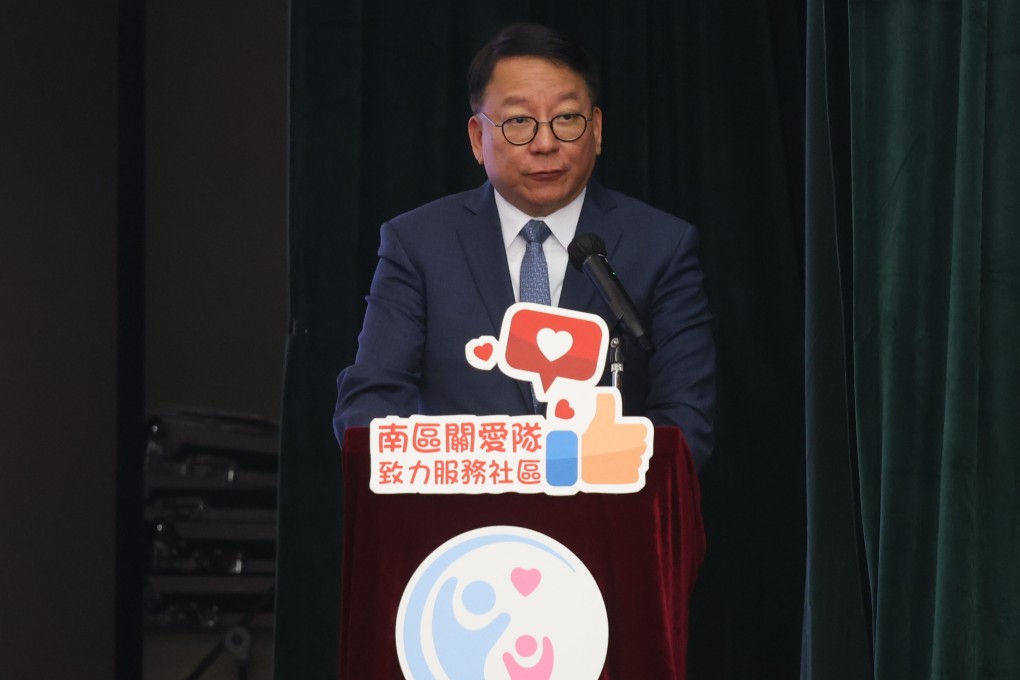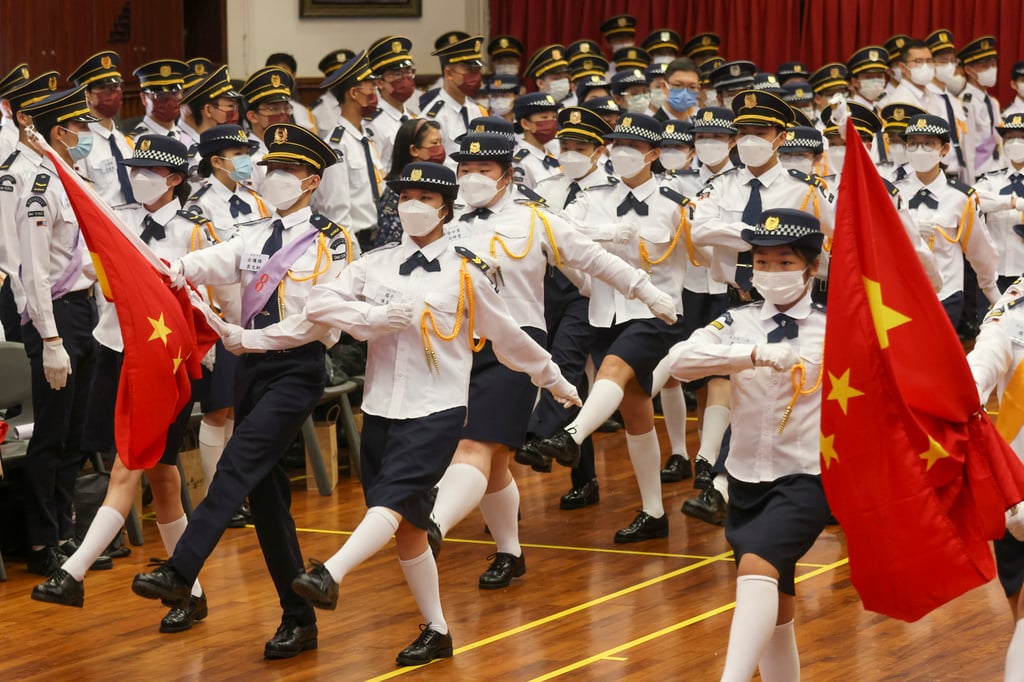Editorial | A softer approach to national education is step in right direction
- For Hong Kong, as elsewhere, focusing on inspiration rather than imposition is the way forward to instil patriotism

National education has not always been at the forefront of policymaking in Hong Kong. But in recent years, the government has been making up for lost time.
There has been a campaign to foster a sense of national identity following civil unrest in 2019 and Beijing’s passing of a national security law for the city in 2020.
National education has been added to the school curriculum, with new subjects focusing on China’s history, culture, security and achievements. The code of conduct for teachers was revised.
Civil servants receive training aimed at strengthening their patriotism and exchange programmes give them a better understanding of developments on the mainland.
Some might, therefore, have wondered what still needed to be done when a new high-level working group on patriotic education was established last year.

The group, chaired by Chief Secretary Eric Chan Kwok-ki, features 12 officials and 13 members from outside the government. It will spearhead moves to foster a sense of national identity, after Beijing’s passing of a patriotic education law last year.

